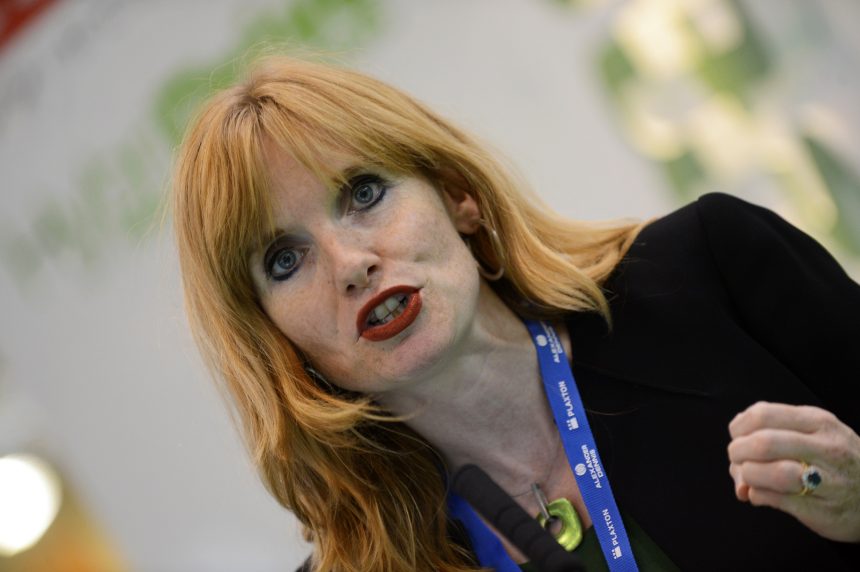Claire Haigh, Managing Director of Zemo Partnership, has urged government and industry to recognise the unique challenges facing the coach sector in transitioning to net zero, and has highlighted the need for a targeted policy, financial support and clear long-term strategies — including clarity on the end-of-sale date for new non-zero-emission coaches and buses.
Speaking at the ‘Delivering Net Zero’ session of the UK Coach Operators annual conference on 10 March, Ms Haigh acknowledged the complexities coach operators face given the sector’s dominance by SMEs, tight profit margins, and widely varying fleet sizes. Those factors “needs to be respected and recognised” when facing the challenge, she told delegates.
Low-carbon fuels provide near-term solution as ZE scales
Ms Haigh points out the prohibitive cost of battery-electric coaches and their supporting infrastructure as one of the key barriers to wider adoption.
Also highlighted is the absence of coach services from Local Transport Plans (LTPs), despite their contribution to local economies.
LTPs, Ms Haigh says, should “provide clear outcomes, like car reduction, to be delivered on a multi-modal basis — no area should be left behind in the transition”.
Zemo Partnership published its delivery roadmap in December outlining how investment can be accelerated and supported across the current Parliament’s term. Ms Haigh stresses that major gaps in policy for decarbonising heavy vehicles, including coaches, still exist, with no official end date for the sale of new internal combustion engine (ICE) coaches or buses having yet been set.
Major barriers identified include delays to the rollout of public charging infrastructure and slow grid connection upgrades.
In her presentation Ms Haigh recognised the untapped potential of low-carbon fuels to help reduce emissions in the near term while zero-emission technology scales up.
The delay in the zero-emission transition could be mitigated through the wider adoption of those low carbon fuels and that can be done “right now, with the existing fleet,” she adds.
Proposals coming in June, including coach-specific solutions
Zemo’s forthcoming ‘map of missing policies’, which is due for publication in June, will set out detailed proposals to address these policy gaps with clear prioritisation.
That policy is expected to call for a specific roadmap for the decarbonisation of the coach sector, which will advocate a “clear, workable timeframe, including a date for the end of sale of new non-zero-emission coaches.”
Ms Haigh also highlighted the need to unlock access to green finance and address an emerging skills shortage. Research from Green Alliance notes that the transport sector is estimated to need an additional 175,000 employees by 2035 to meet the needs of the net zero transition.
Zemo Partnership is therefore also developing a toolkit for local authorities and regional bodies to support decision making around decarbonisation, and the inclusion of coach services in multi-modal planning.
Ms Haigh concluded by stressing the transition to net-zero is as much about economic resilience as it is about environmental necessity.
“We cannot have it undermining jobs, and the economy,” she says. “Strengthening the economic case and building public support will be major workstreams for the Partnership this year.”



























